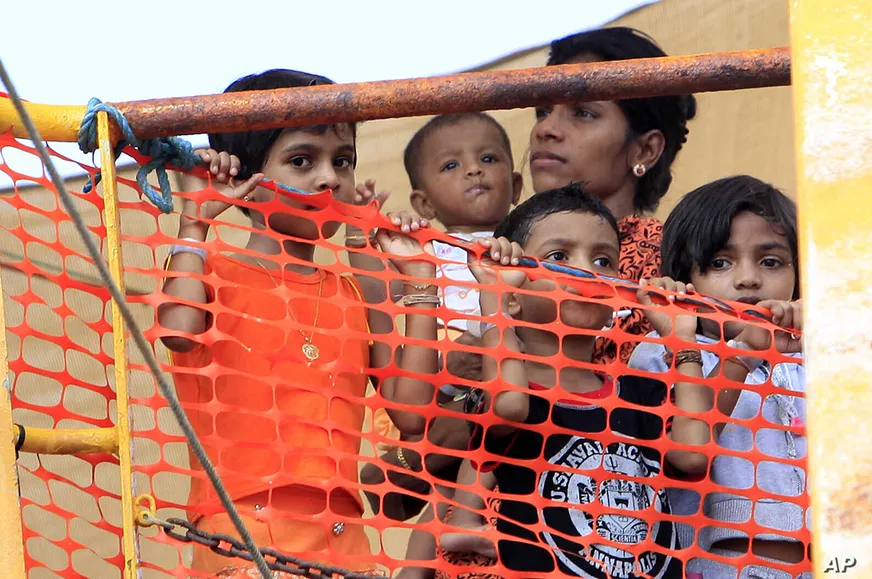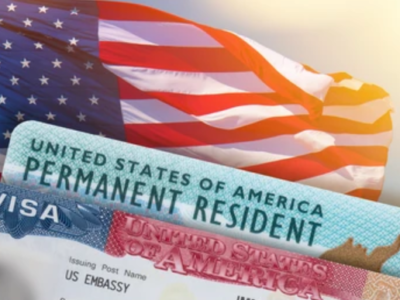Understanding the Flores Settlement Agreement: A Cornerstone of Child Welfare in Immigration Law
The Flores Settlement Agreement is a landmark legal settlement that defines how the U.S. government must treat migrant children in immigration detention. It stems from a lawsuit filed in 1985, Flores v. Reno, by immigrant children who alleged mistreatment in U.S. facilities. The case culminated in a 1997 agreement requiring:
- Prompt release of children from detention (“without unnecessary delay”)
- A maximum detention period of 72 hours under Customs and Border Protection (CBP)
- A maximum of 20 days under Immigration and Customs Enforcement (ICE)
- Adequate standards of care, including proper nutrition, medical care, and access to education
This agreement remains a critical safeguard for vulnerable children, yet recent reports suggest ongoing violations. For more details on our firm’s immigration services, visit our Immigration Lawyer Van Nuys page.
Current Violations: Are Migrant Children’s Rights Being Upheld?
Lawyers for asylum-seekers in Southern California have accused Customs and Border Protection (CBP) of violating federal law and the Flores Agreement by holding migrant children for longer than permitted, in some cases far exceeding the 72-hour limit.
Key Allegations:
- Children detained for more than 72 hours in San Diego and other border facilities
- Inconsistent detention periods, raising concerns of arbitrary enforcement
- Poor detention conditions that undermine child welfare standards
Attorneys report that while some children are released quickly, others remain in custody for days, sometimes weeks, with no clear justification. This raises urgent legal and human rights concerns.
The Legal Framework: Beyond Flores
The Flores Settlement Agreement is just one part of a broader legal landscape that governs the rights of children in U.S. immigration detention. Other key legal frameworks include:
- Immigration and Nationality Act (INA): The foundational statute governing immigration law in the U.S.
- Trafficking Victims Protection Reauthorization Act (TVPRA): Provides additional protections for unaccompanied minors, including access to legal representation and placement in child-appropriate facilities.
- Zadvydas v. Davis (2001): A Supreme Court case limiting indefinite detention of immigrants, including children.
- UN Convention on the Rights of the Child (CRC) and UNHCR Detention Guidelines: International standards emphasizing the best interests of the child and the principle of family unity.
The Root Causes of Flores Violations: Policy, Capacity, and Crisis
Understanding why Flores violations occur requires examining systemic factors:
- Title 42 Expulsions: Pandemic-era policy (now repealed) that led to rapid expulsions without due process.
- Title 8 Enforcement: The Current enforcement regime that governs immigration processing at the border.
- Border Surge Events: Periods of increased migration flows that strain CBP and ICE capacity.
- Resource Constraints: Lack of child-appropriate facilities, trained staff, and funding.
These factors contribute to bottlenecks, leading to prolonged detention and violations of Flores standards.
The Human Impact: Psychological, Emotional, and Physical Consequences
Detaining children in substandard conditions has profound consequences:
- Mental Health Issues: Anxiety, depression, PTSD, developmental delays.
- Physical Health Risks: Malnutrition, untreated medical conditions, exposure to infectious diseases.
- Family Separation Trauma: The emotional harm of being separated from parents and caregivers.
- Long-Term Developmental Effects: Studies show that prolonged detention can result in academic difficulties, social withdrawal, and chronic health issues.
Organizations like Human Rights Watch, Amnesty International, and the American Academy of Pediatrics have documented these effects in detail.
Data and Statistics: The Numbers Behind the Crisis
- According to the Office of Refugee Resettlement (ORR), thousands of children are held in U.S. custody each year.
- A 2023 report by the DHS Office of Inspector General (OIG) found that over 35% of detained children were held beyond the 72-hour limit.
- The ACLU reports multiple cases where children were detained for over 10 days in CBP facilities.
These numbers illustrate a systemic problem, not isolated incidents.
Alternatives to Detention: Protecting Children While Ensuring Due Process
Experts advocate for humane alternatives that align with the Flores Agreement and international standards:
- Family Case Management Program (FCMP): A community-based program that allows families to remain together while their cases are processed.
- Community Shelters: Facilities run by non-profits that provide child-appropriate care.
- Parole and Release on Recognizance: Mechanisms for Conditional Release.
- Legal Representation Access: Ensuring children have qualified attorneys, such as those at Hussain Gutierrez Law.
These solutions uphold family unity and child welfare principles.
Oversight and Accountability: Who Ensures Compliance?
Multiple entities are responsible for monitoring and enforcing Flores standards:
- Department of Homeland Security (DHS) and its agencies (CBP, ICE).
- Office of Civil Rights and Civil Liberties (CRCL): Handles complaints of rights violations (CRCL resource).
- DHS Office of Inspector General (OIG): Conducts investigations and audits.
- Federal Courts: The ultimate arbiters in Flores compliance cases.
- Advocacy Organizations: ACLU, Human Rights First, RAICES, KIND.
However, systemic oversight gaps remain, and advocates continue to call for greater transparency.
Your Legal Rights: What Can You Do If a Child Is Detained?
If your child, or a child you know, is being held in immigration custody:
- Contact an experienced immigration attorney immediately.
- File a habeas corpus petition if detention exceeds legal limits.
- Report violations to CRCL, OIG, or civil rights organizations.
- Document everything: names, dates, facility details, and medical needs.
Timeline: The Flores Agreement in Context
- 1985: Flores v. Reno filed.
- 1997: Flores Settlement Agreement reached.
- 2000s: Periodic litigation over compliance.
- 2018: Family separation crisis under the Zero Tolerance Policy.
- 2020-2022: COVID-19 and Title 42 expulsions.
- 2023-Present: Ongoing challenges and lawsuits.
Frequently Asked Questions (FAQs)
What is the Flores Settlement Agreement?
It’s a 1997 legal agreement that sets standards for the detention and care of migrant children, requiring prompt release and proper conditions.
How long can a child be detained under the Flores Agreement?
72 hours under CBP, 20 days under ICE, unless there are exceptional circumstances.
Can families stay together in detention?
Flores primarily applies to children. Family separation remains a contentious issue, but alternatives like the Family Case Management Program aim to keep families united.
What legal recourse do I have if my child is detained too long?
You can file a habeas corpus petition, report violations to oversight bodies, and seek legal representation.
How can I file a complaint about Flores violations?
Contact the DHS Office of Civil Rights and Civil Liberties (CRCL) or advocacy groups like the ACLU.
Are there alternatives to detention for asylum-seeking families?
Yes, including community-based programs, case management, and parole options.
How can I find an attorney specializing in Flores cases?
Reach out to immigration law firms like Hussain Gutierrez Law or advocacy groups like RAICES or KIND.
What resources are available for mental health support after detention?
Contact local community health centers, NGOs like Lutheran Immigration and Refugee Service (LIRS), and legal aid groups.
Take Action: Protect Your Family’s Rights Today
At Hussain Gutierrez Law, we are dedicated to defending the rights of asylum-seeking children and their families.
Is your child being held beyond the legal limit?
Do you need help navigating complex immigration laws?
Contact us today for a free case evaluation.
Together, we can fight for justice and ensure your family’s safety.



